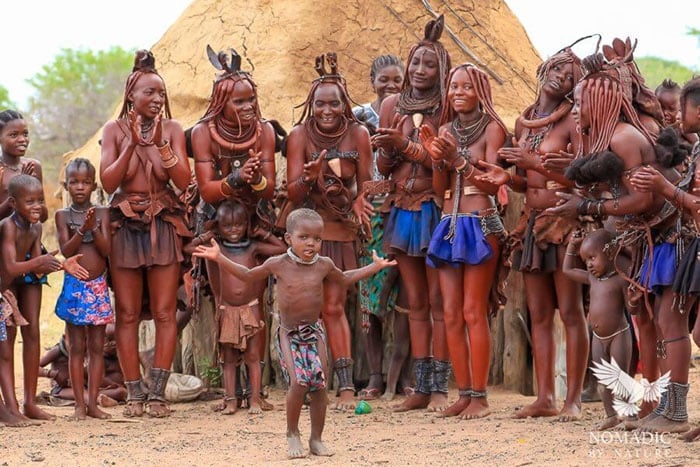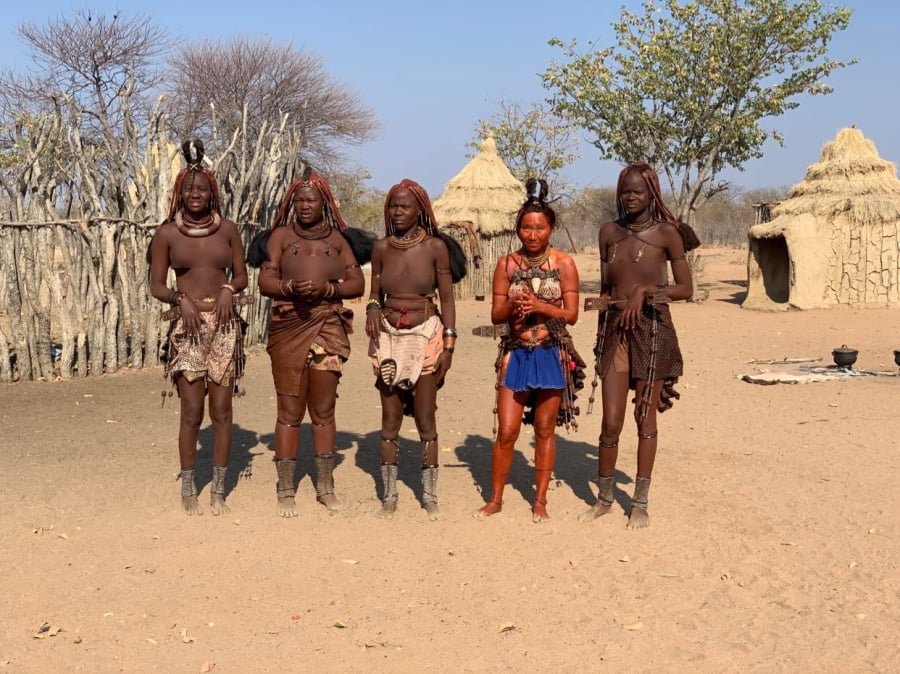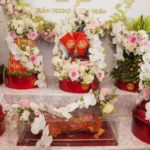The world has evolved and modern civilization has advanced, yet there exist tribes that continue to live a primitive life, such as the Red Mud tribe in Africa. This tribe has a unique perspective on life, considering ‘nudity’ as a beauty, and the women rarely bathe. Men rarely live beyond the age of 18.
The Red Mud tribe of Africa continues to live a primitive life
While the world has progressed and modern civilization has flourished, there are still some tribes that maintain a primitive lifestyle, like the Red Mud tribe in Africa. In this tribe, women rarely bathe during their lifetime and their bodies are covered in red mud. The life expectancy of men is generally short, and reaching the age of 18 is considered an achievement.

The Red Mud tribe of Africa is one of the most primitive tribes in the world
The name “Red Mud tribe” is derived from the distinctive feature of this tribe. They are actually called the Himba tribe, native to Namibia in southwestern Africa. They migrated to Namibia in the 17th century and were once a wealthy and powerful nomadic tribe in Africa.
The Himba people are a matriarchal society, led by women. They do not have a specific tribal totem, but they deeply believe in and worship their ancestors and fire. The primitive way of life persists, with men responsible for hunting and providing for the family, while women are in charge of reproduction.
In terms of marriage, Himba men can have multiple wives, but they need to build a new house for each wife. The number of wives is directly related to the economic circumstances of the family. Richer men can afford more wives, while those with lesser means have fewer wives.
Their houses are simple, made mainly of branches, mud, and cow dung. The furniture is minimal, and a piece of animal skin can serve as a bed, chair, or table. During famine, animal skin can even be used as food, showcasing the challenging living conditions they face.
As the world has progressed, many primitive tribes have either evolved or disappeared. However, the Himba people have strongly held on to their traditional ways and show no intention of changing. As a result, they have retreated deeper into the forests.
With the advancement of modern civilization, the Himba tribe has been discovered, and curious tourists have ventured to experience their primitive lifestyle. The Himba people are also intrigued by visitors and eager to learn about the outside world, although they lack basic knowledge and understanding. Some tribe members have ventured out to work and experience modern amenities, indicating their gradual adaptation to contemporary society.
The unique customs of the Red Mud tribe

One of the traditional customs of the Himba people is nudity.
As a primitive tribe, the Himba have unique traditions, one of which is nudity. Both men and women in the tribe are comfortable with this practice, considering it a symbol of beauty. However, this is something that is not acceptable in modern society.
Another custom involves women covering themselves in a thick layer of red mud, which is actually red stone ground into powder and mixed with animal fat. Water is a scarce resource for them, and even meeting daily drinking water needs can be challenging, let alone using it for other purposes. As a result, the tribe members rarely bathe. The intelligent Himba people discovered this special “red mud” and applied it to their skin for moisture and beauty.
































